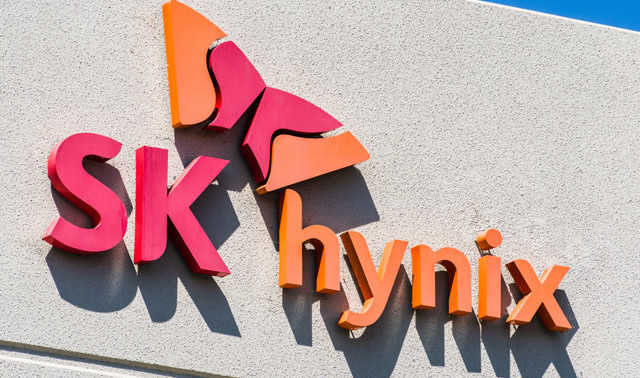
SEOUL, July 25, 2024 (BSS/AFP) - South Korean chip giant SK hynix reported its best quarterly profits in six years Thursday thanks to explosive global demand for artificial intelligence, but its shares tumbled with other tech firms following a hefty sell-off on Wall Street.
The world's second-largest memory chip maker dominates the market for high-bandwidth memory (HBM) semiconductors and is a key supplier for Nvidia, which controls about 80 percent of the global AI chip market.
SK hynix posted an operating profit of 5.47 trillion won ($3.96 billion) in April-June, its third consecutive quarterly profit after losses last year.
Net profit jumped 115 percent on-year to 4.12 trillion won and revenues surged 125 percent to 16.42 trillion won -- a record quarterly high.
The company said "the continuous rise in overall prices of DRAM and NAND products with strong demand for AI memories including HBM led to 32 percent increase in revenues compared to the previous quarter".
Revenues for HBM chips rose more than 80 percent from the previous quarter and 250 percent on-year.
"The company will further solidify the position as a leader in AI memory products by focusing on developing the best process technology and high-performance products based on a stable financial structure," said chief financial officer Kim Woo-hyun.
However, the firm's shares plunged more than eight percent at one point, its biggest intraday drop since November 2022.
Rival Samsung Electronics sank more than two percent.
The downturn was part of a wider retreat in tech stocks after the sector took a hammering on Wall Street in reaction to disappointing earnings from Tesla and Google-parent Alphabet.
In early July, SK group, the parent company of SK hynix and South Korea's second-largest conglomerate, said it would invest 103 trillion won in chips -- the bulk into HBM chips.
SK hynix CEO Kwak Noh-jung said in May that its entire 2024 production of high-end memory chips had sold out and most of next year's line was gone too, reflecting the huge demand for cutting-edge AI hardware.